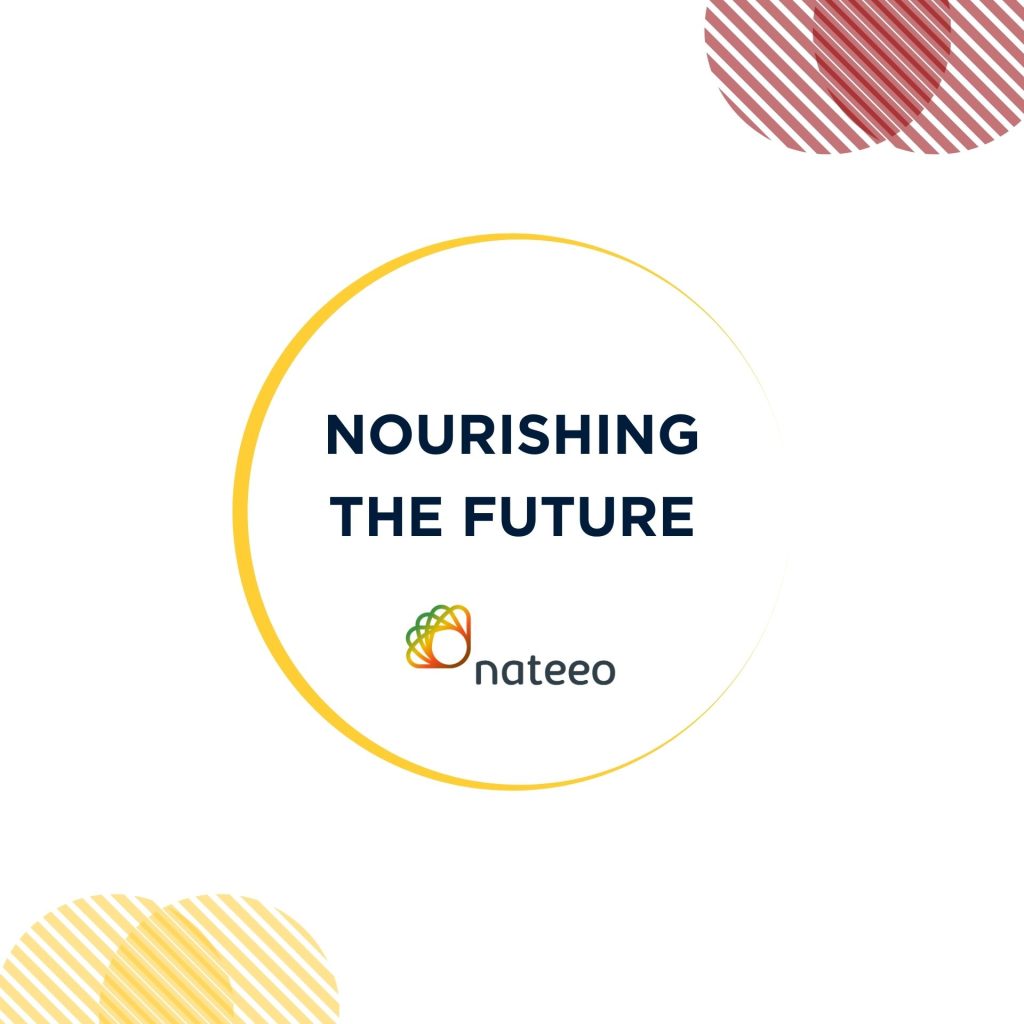
NOURISHING THE FUTURE: THE FOOD TRENDS OF 2024 ACCORDING TO MINTEL
For us at Nateeo, keeping abreast of news and emerging trends in the food sector is very important. This allows us to adapt promptly to the changing dynamics of an ever-evolving market and to guarantee an optimal service that fully meets our customers’ needs. It is therefore the opportune time of the year to analyse the aspects that will influence the 2024 strategies of food companies!
According to Mintel, a renowned marketing intelligence agency based in London, this year consumers in the food world will place particular emphasis on concepts such as health, information, convenience and sustainability. Let us delve into them in detail to fully understand their implications and their impact on the food sector.
1- Generation X: pioneer of a healthy lifestyle
Generation X, currently made up of individuals between the ages of 45 and 59, is at the forefront of adopting a new approach in dealing with ageing in a healthy way with the aim of promoting well-being, through different lifestyles, both in the present and in the years to come. The new direction for this generation is the search for the extension of the period of life lived in good health. In this context, a crucial role is played by proper nutrition, which can significantly influence the development and progression of age-related problems such as diabetes, bone and joint disorders, and heart and cardiovascular diseases.
Driven by Generation X, age-related topics previously identified as taboo, e.g. menopause, are now openly explored and debated, marking a significant evolution in cultural and social dynamics. Brands also have a primary role in this change: in addition to having to adapt to the needs of Millennials and Generation Z, they must also increasingly focus on the multiple needs of consumers over the age of 40, who represent the most significant segment of the population when it comes to buying food and beverages. The latter increasingly demand products and services targeted at their health needs, such as joint and sleep remedies, gym workout plans and virtual community services to combat loneliness.
2- Mindful eating
The discussion on ultra-processed food products, known as UPF, is prompting shoppers to carefully examine ingredients, nutritional values and production processes of food and beverages before purchase. With increased awareness, people are re-evaluating the way they consume these foods and the amount they buy of them. This creates opportunities for brands that offer minimally processed foods, such as frozen foods or fresh baked goods, which promote better nutritional characteristics and a focus on sustainability.
Companies must increasingly pay attention to the sustainability of their production processes and the nutritional properties of their products. However, despite these efforts, it is expected that many consumers will remain loyal to their favourite products, such as snacks or sweets.
3- It’s time for convenience in the kitchen
As people become more familiar with technology, there is a growing interest in innovative tools that simplify meal planning and preparation in the kitchen. The increasing use of artificial intelligence and augmented reality is optimising the cooking experience, allowing consumers to balance convenience with creativity.
Companies are adapting their products and services to meet this growing demand for efficiency by revolutionising the way people manage their time in the kitchen. An example of this technological innovation is the recipe generator based on artificial intelligence, which offers consumers a useful tool in everyday life.
4- Food sustainability: a crucial goal for the future
The food industry faces a major challenge in pursuing sustainability as a primary objective, both in the immediate and long term, as consumers see it as an essential requirement. The increasing attention on climate crisis issues, amplified by the media and social media, will push the industry to place a concrete commitment to the environment at the centre of its communication.
Although sustainability is an important concern, for many consumers the priority remains the rising cost of living. However, this by no means implies that they are insensitive to environmental impacts. In this context, brands have to strike a delicate balance between taste, price and sustainability of their products in order to remain competitive and satisfy consumer needs.
To conclude…
In 2024, companies are expected to act in an environmentally friendly manner, clearly communicate the production processes of the products they offer, supporting consumers in pursuing a healthy lifestyle and offering them new opportunities through technology.
In addition, tasty food and drink products with good value for money are increasingly appreciated. This focus on taste at affordable prices becomes even more relevant in a context where many markets are facing an increase in the cost of living.
